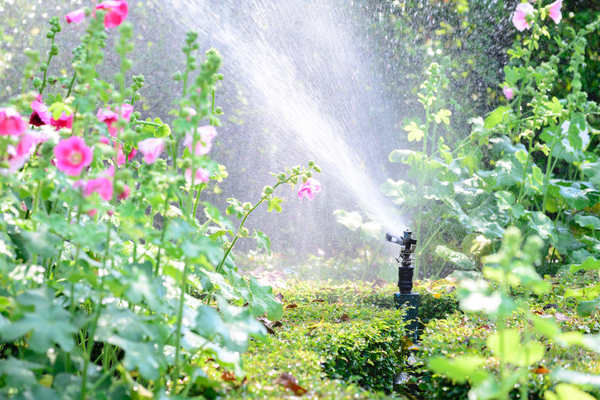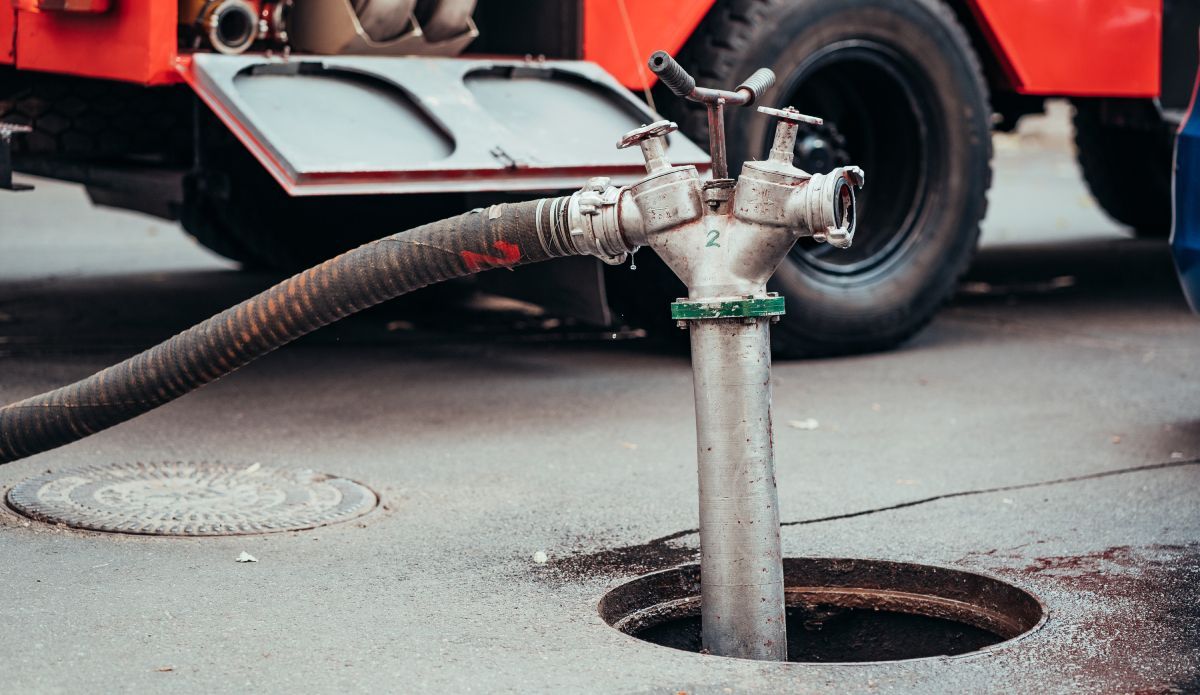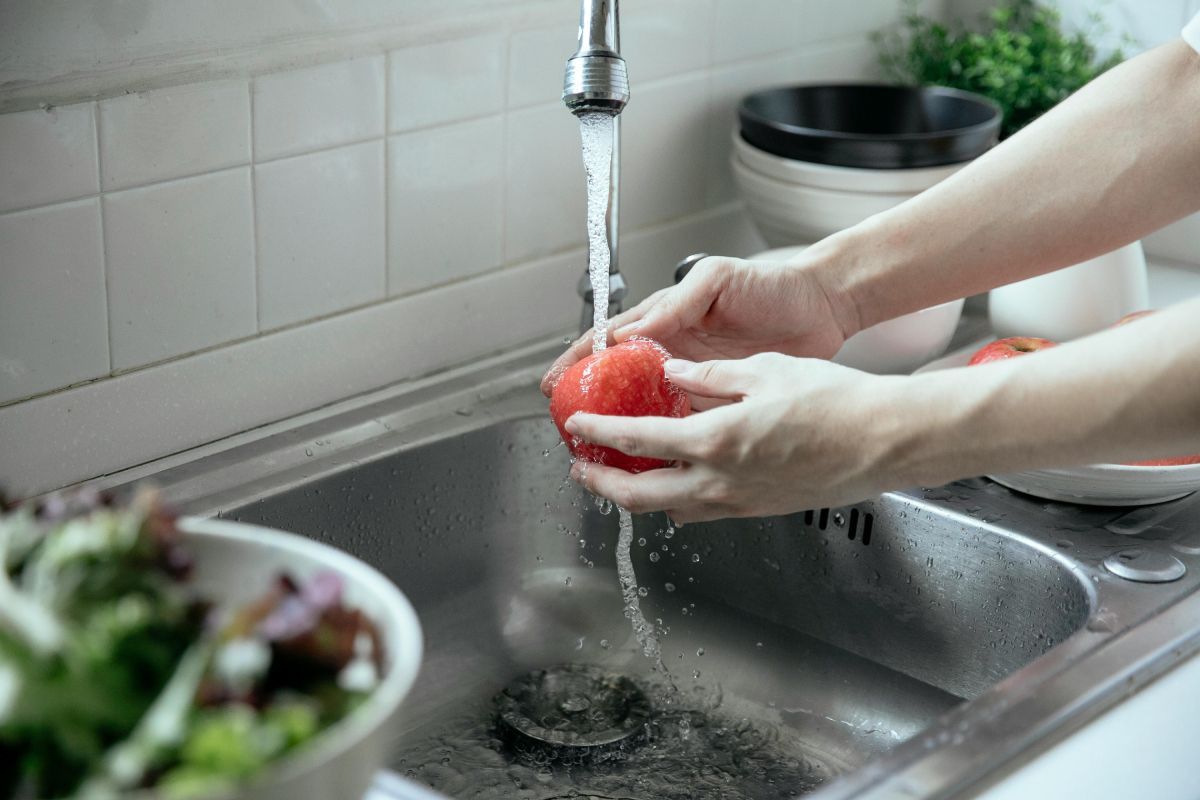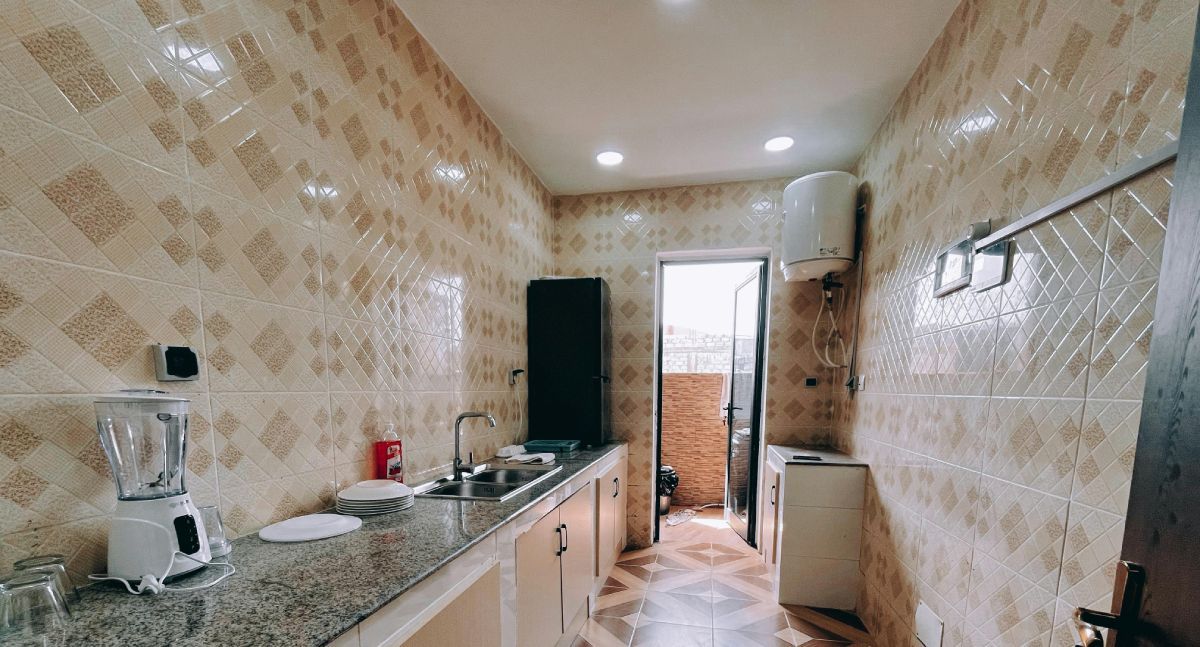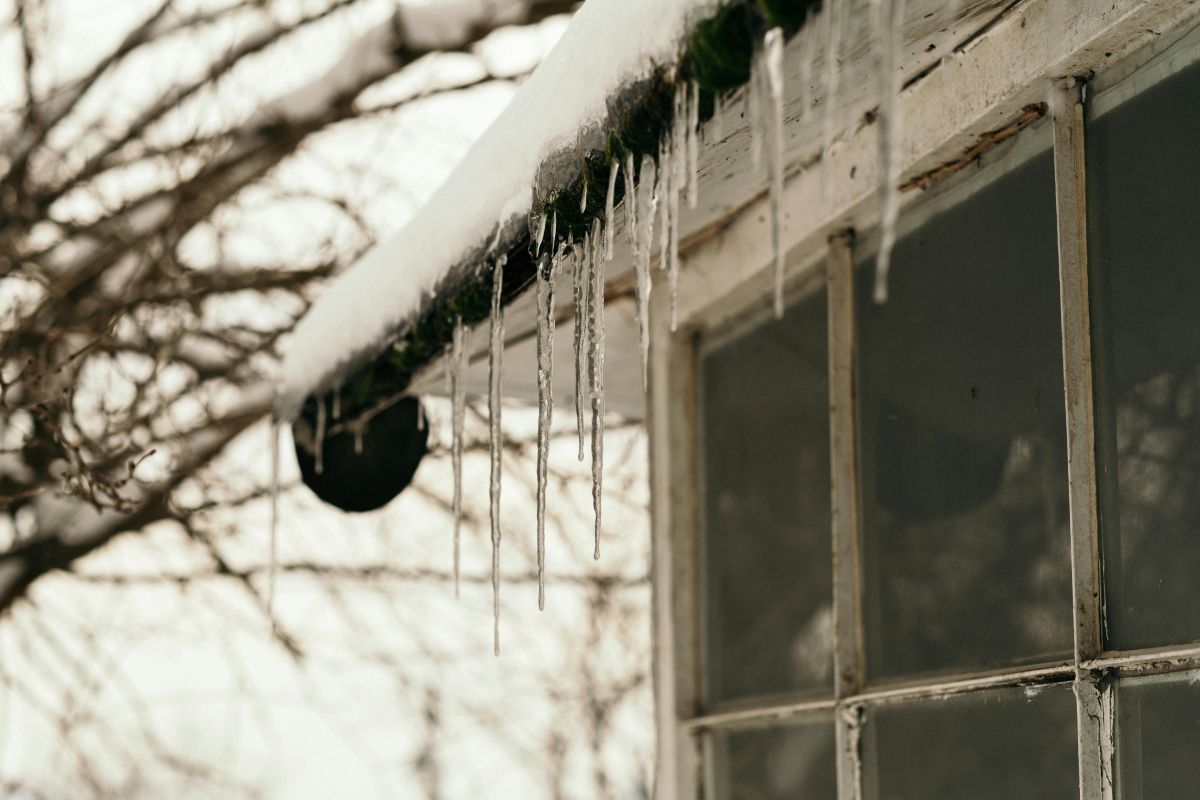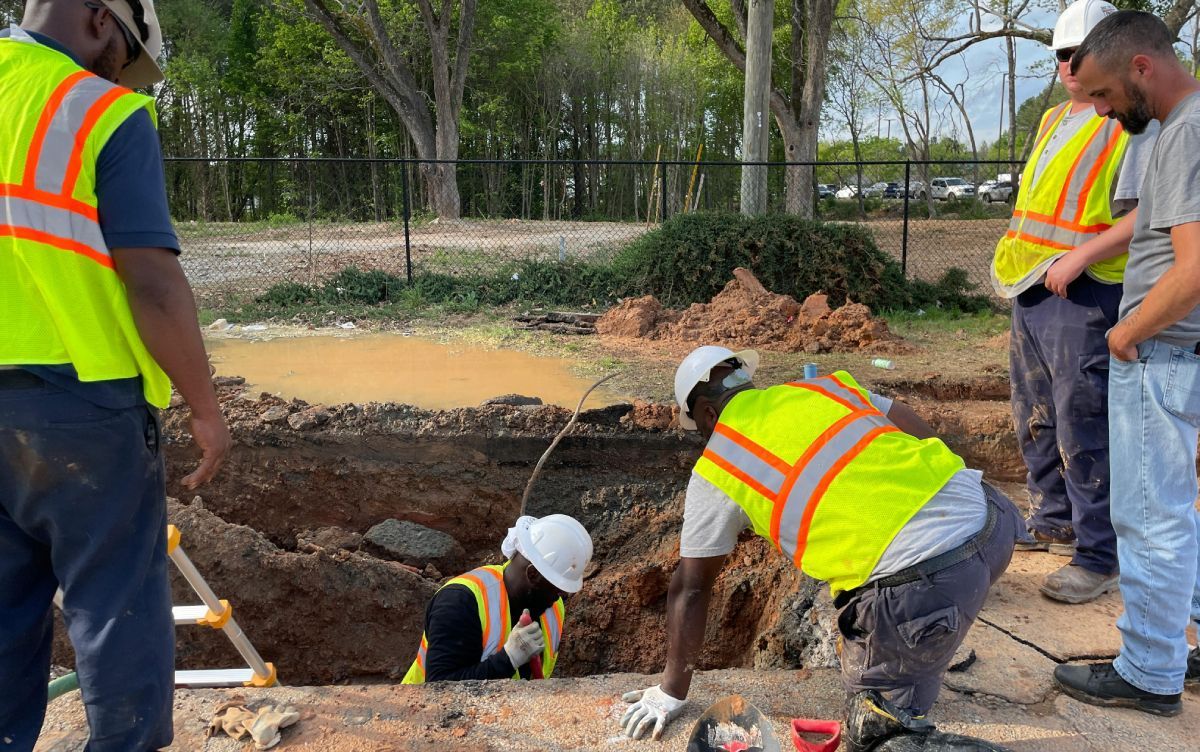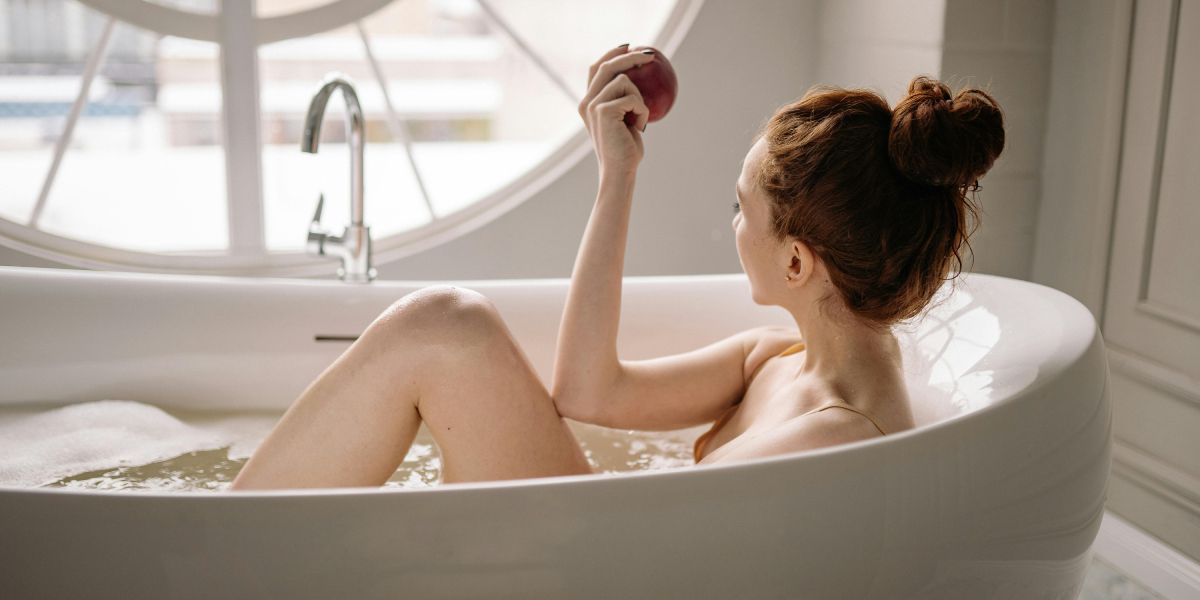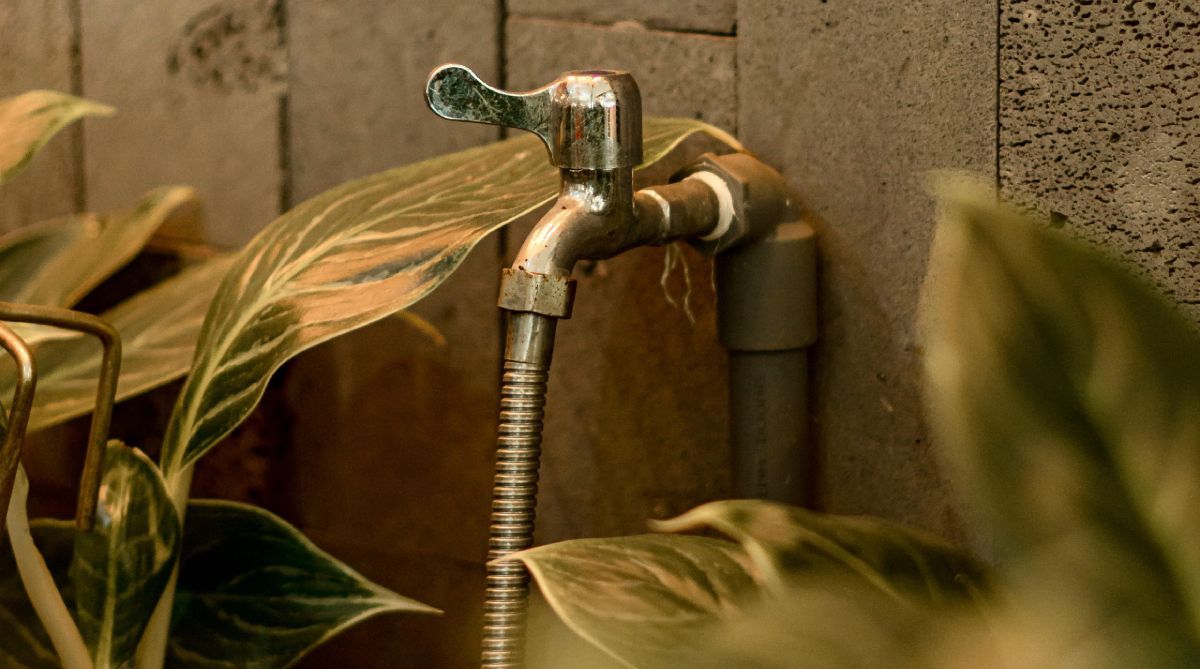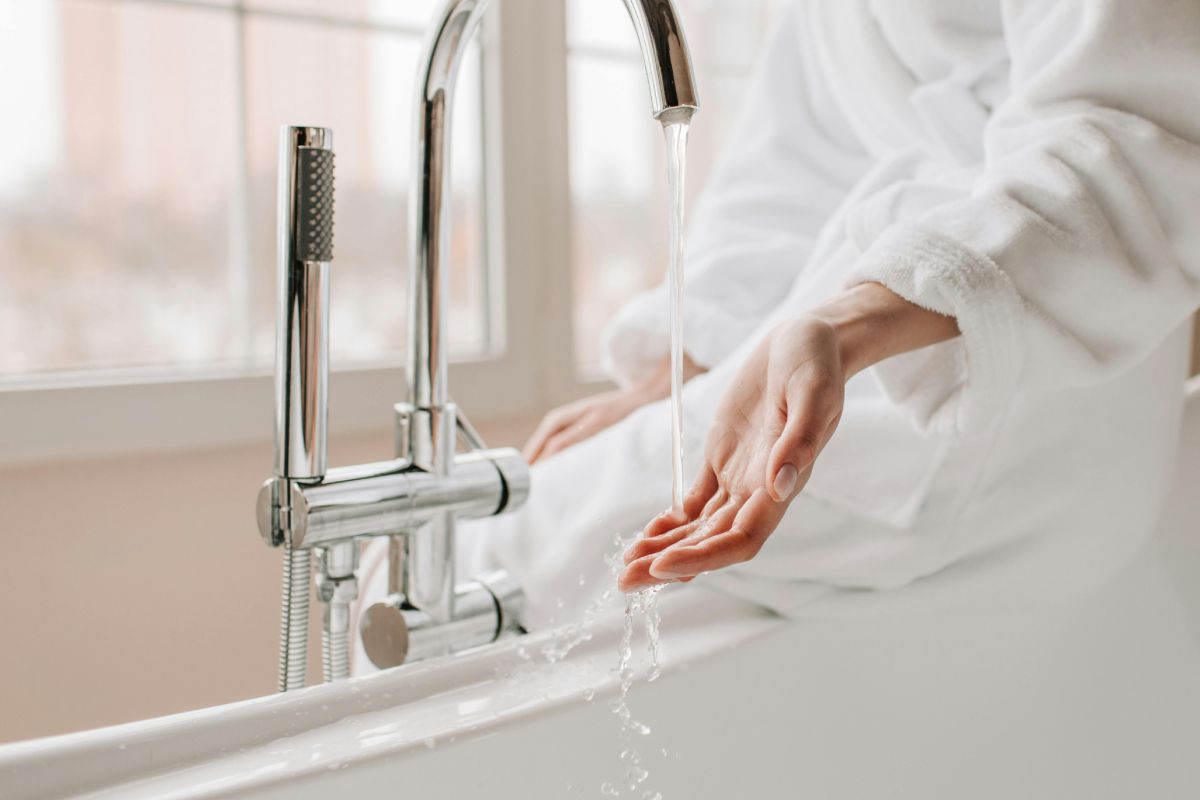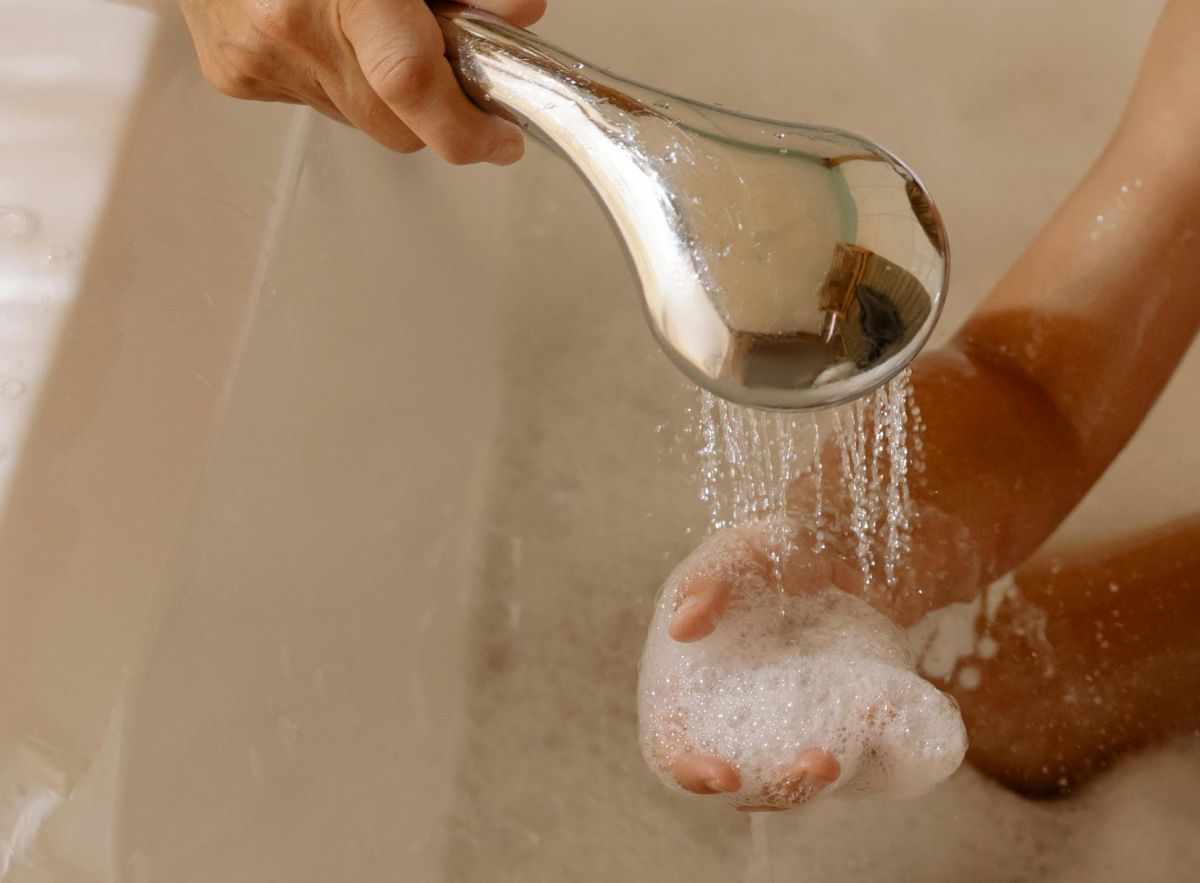Master Plumbers Blog
15 Super-Effective Tips to Conserve Water
You are out on a hot, moist day, and you have been sweating like anything. You feel like having water, so you look for a bottle inside your bag but find it empty.
As two-thirds of our body is made of water, we can suffer from dehydration if we consume less water than the amount of fluid we lose. The reduction in the water content of our body may upset the balance of minerals, thereby affecting its normal functions.
Water is one of life’s primary and most critical necessities. And yet, several nations in the world are suffering from its shortage. It’s high time we take measures to preserve water and continue enjoying its access for centuries.
Here are some practical tips to help you conserve water:
1. Faucets and aerators should be a pair.
Faucet aerators are also known as flow regulators. They are small attachments that fit onto the end of your tap, prevent water splashing and help you control its flow.
Faucet aerators not only help in preventing splashing in your kitchen but also in reducing water usage. They can also break a single stream into multiple sprays of water. Aerators introduce air into the water flow; hence, there is lesser space for the water to flow through.
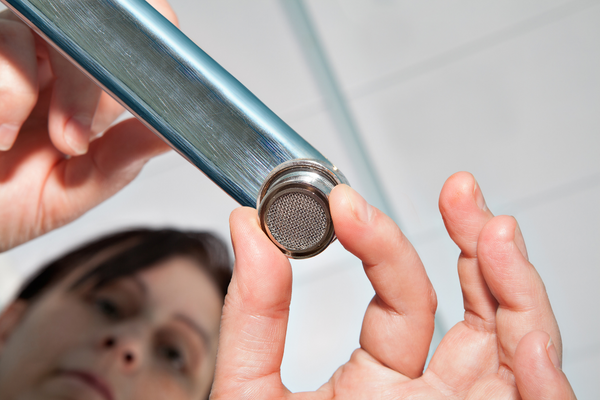
2. Single-lever mixer taps
Single-lever mixer taps use less water compared to two-handle mixer taps. Water temperature and flow can be controlled or mixed with a single lever. Just a little twist to the right or the left, and you can note a change in the temperature of the water. It won’t take long if you wait for your water to change temperature, and with only a single spout, you won’t waste too much water.
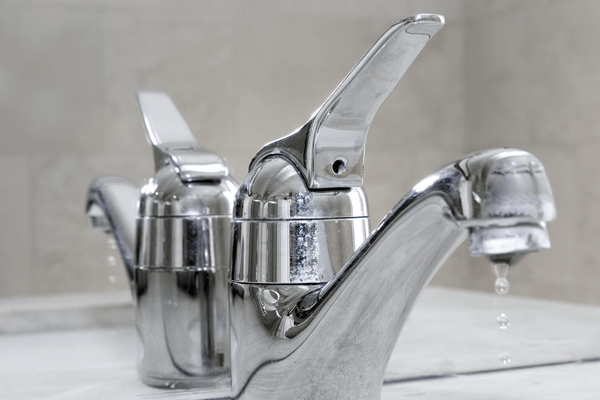
3. Avoid using running water.
Avoid running water, whether for rinsing fruits or vegetables, washing dishes by hand or washing your hands. If you do, you will end up using more than required. Fill up a basin or use a stoppered sink. You can monitor your water usage.
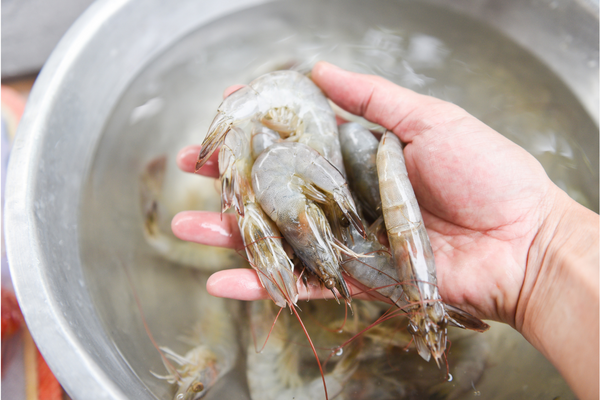
4. Check for water leaks.
No matter how small, a leaking faucet can waste litres of water in a year if not fixed. Sometimes, it can even cover a person’s average water-related usage for a whole week or a month.
A leaky pipe is why you should inspect your plumbing system regularly. If you can’t do it yourself, you can call a professional plumber to help you fix the problem as soon as possible.
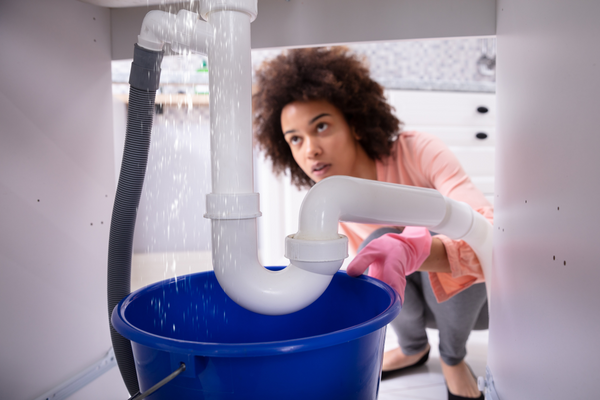
5. Low-flow showerheads
Did you know that about 55 to 64.2 litres of water are consumed in a seven-minute shower? So how about installing low-flow showerheads? They are designed to reduce water wastage during a shower.
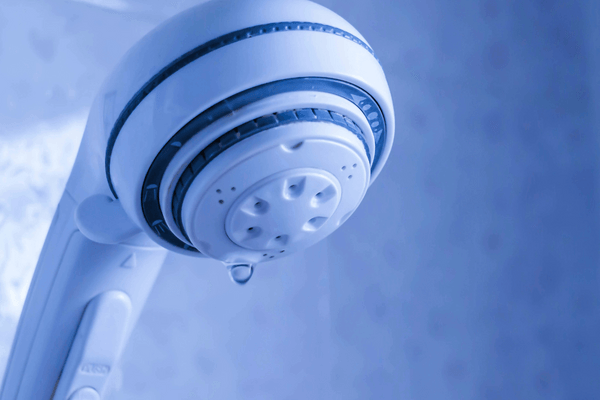
6. Use a shower timer.
If there is one thing we should be guilty of, it is spending too much time in the shower. Yes, everyone likes to gather their thoughts, but they do not realise that a 5-minute activity becomes a 15-minute one and wastes a lot of precious water.
Keep a timer inside your shower to take note of your time. If you can bathe in a shorter amount of time, you will save a lot of this precious resource and be more productive in your overall routine.
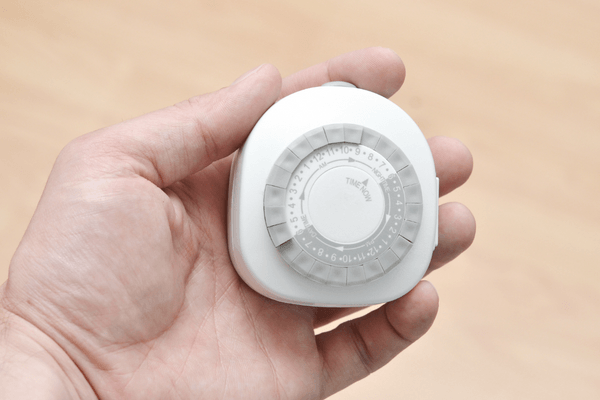
7. A toilet is not a trash bin.
A considerable percentage of total water usage at home is done in the toilets, and flushing toilets consume a lot of water.
Do not throw anything into the toilet, such as your facial tissues, cigarette butts, personal hygiene products, etc. Not only will you save water, but you will also stay away from the risks of a clogged toilet. Just keep three things to flush in your toilet: pee, poo, and toilet paper.
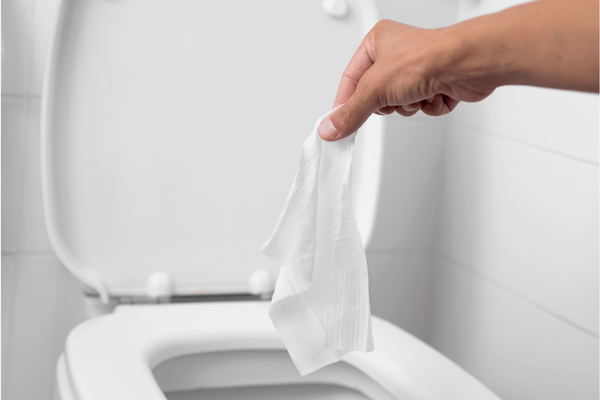
8. Wash with full loads.
If you only have a few items that need washing, don't have a laundry day. Or check with your washer setting if you can set it for half-load and adjust the water levels to match the load.
On average, one laundry load can take an hour and a half to complete. You consume more water and energy if you do multiple loads weekly. Please Wait until you have a full load, and wash in one go.
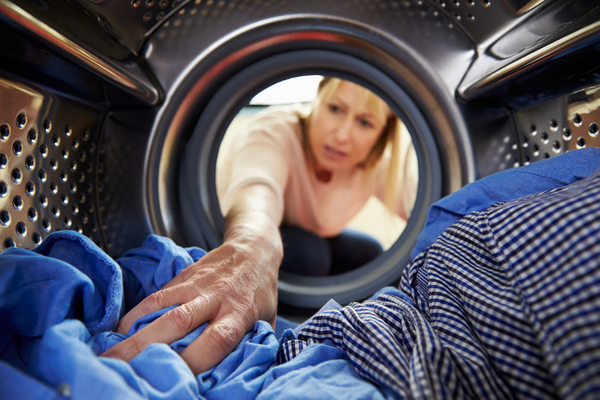
9. Use plastic bottles as tank floats.
Recycle used plastic bottles as alternatives for tank floats. Place an inch or two of sand, pebbles or anything you think could weigh them down, fill up the rest of the bottle with water, and then put them inside the toilet tank, away from the operating mechanism.
It will fill your tank faster and prevent you from using more water than is necessary.
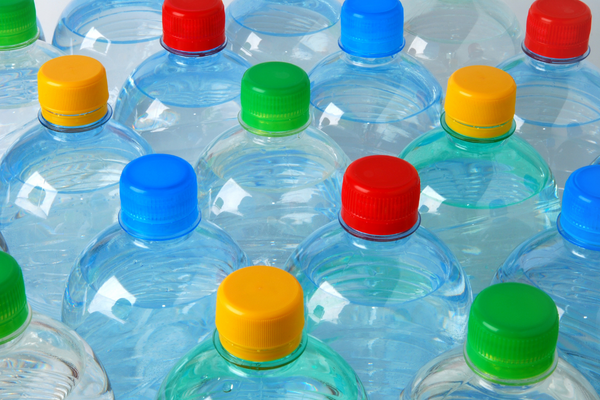
10. High-efficiency washing machines
Some appliances have settings that help them more water-efficient and save you from huge water bills.
One machine you know that consumes a lot of water is a washing machine. But some models come with various water-saving features. Before purchasing a washing machine, make sure to check its specifications.
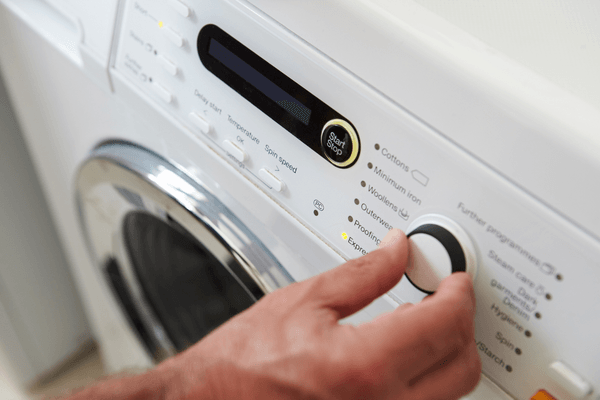
11. Greywater for plants
Greywater is wastewater from non-toilet plumbing systems from the bathroom, kitchen, and laundry. It is different from blackwater, which comes from the toilets, and is relatively cleaner.
Collect greywater in a bucket as it is still clean enough to be reused. The water you use for washing your fruits and vegetables, and the water from the washing machine’s rinse cycle, can be used for watering your plants.
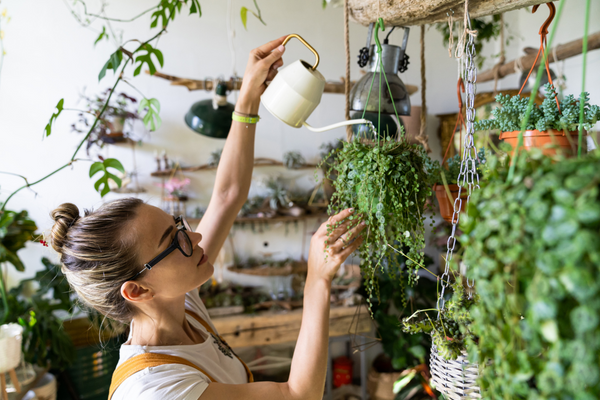
12. Use a bucket for your carwash.
If you use a running hose for your car, you can use more water than is required. Cut down your usage and expenses by 50% by using a bucket for washing your car and using the hose when rinsing. You can also try a spray nozzle for more efficiency.
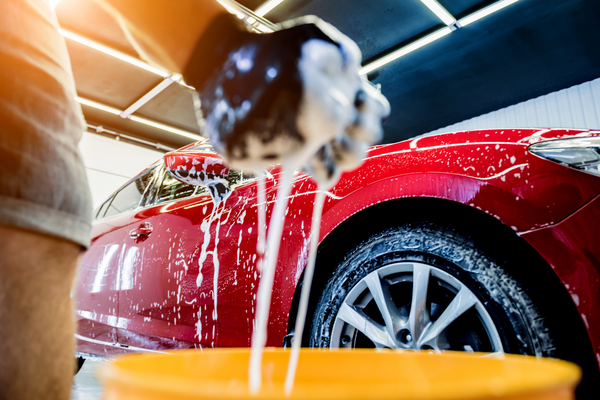
13. Don’t use a hose for your sidewalks and driveways.
Use a broom instead of a hose for cleaning the sidewalks and driveways of dirt and leaves. Only hose down the spots with stubborn grimes. You can hit two birds with this tip: cut down on your water bills, and save water.
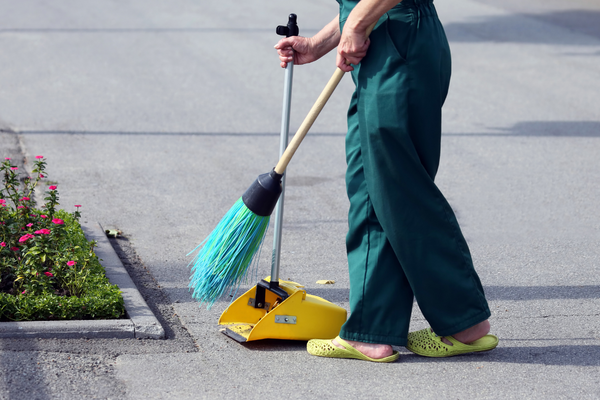
14. The best time to water your plants
Consider watering your plants during the coldest time of the day, such as early morning, later afternoon, or sunset. It can also prevent the formation of harmful fungi.
Also, avoid watering your plants or lawn on a windy day as it may carry water to the streets and sidewalks.
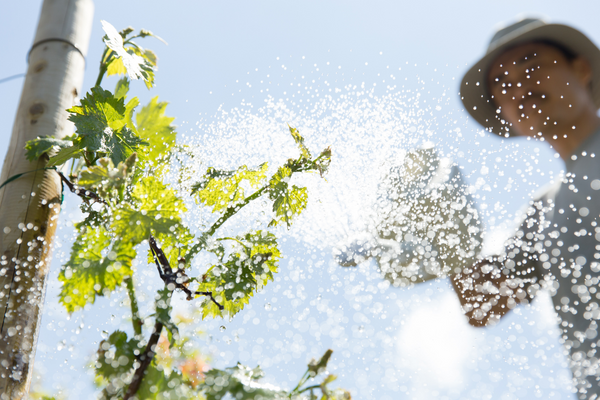
15. Position your garden sprinklers wisely.
Being efficient never harms, so try to find a good position for your garden sprinklers. Position them so that they only reach the lawn or your garden, not the paved areas.
Many countries worldwide have started prioritising water conservation, especially those experiencing its scarcity. The tips mentioned above are only some basic ways to help you save water.
They are not quick fixes, but investing a little effort and perseverance can save much more than expected.
